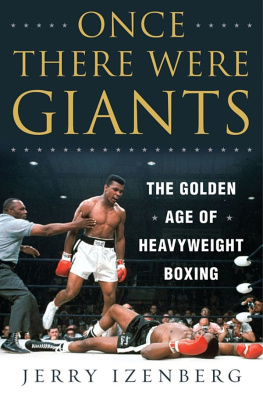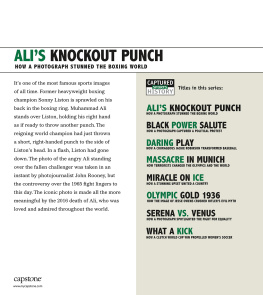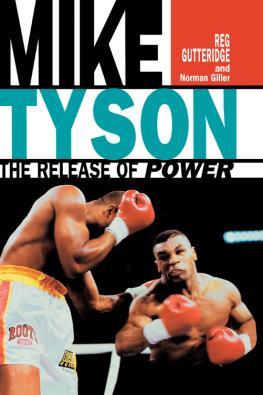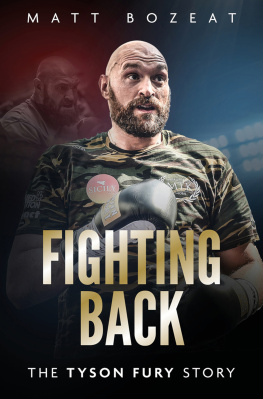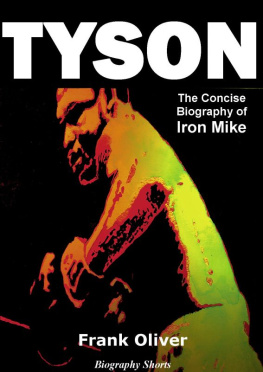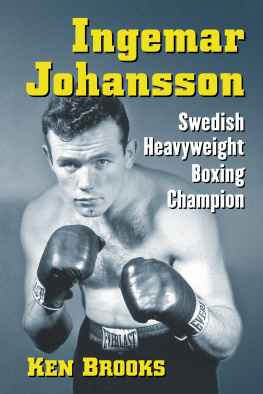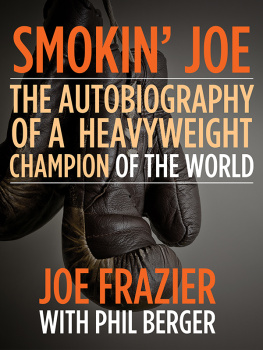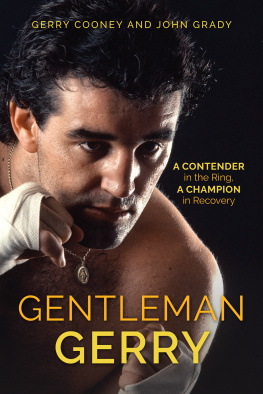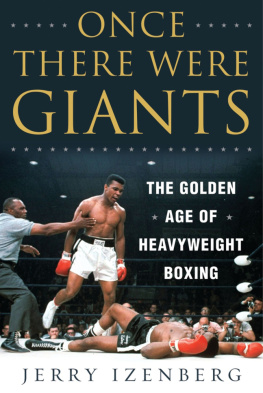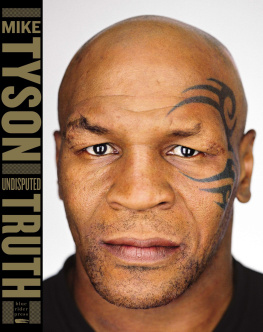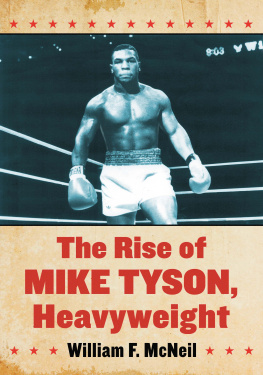Other Books by Jerry Izenberg
Rozelle: A Biography
Through My Eyes: A Sports Writers 58-Year Journey
No Medals for Trying: A Week in the Life of a Pro Football Team
The Jerry Izenberg Collection
How Many Miles to Camelot?: The All-American Sport Myth
New York Giants: Seventy-Five Years
The Greatest Game Ever Played
Great Latin Sports Figures: The Proud People
The Rivals
At Large With Jerry Izenberg
Championship: The NFL Title Games Plus Super Bowl
Copyright 2017 by Jerry Izenberg
All rights reserved. No part of this book may be reproduced in any manner without the express written consent of the publisher, except in the case of brief excerpts in critical reviews or articles. All inquiries should be addressed to Skyhorse Publishing, 307 West 36th Street, 11th Floor, New York, NY 10018.
Skyhorse Publishing books may be purchased in bulk at special discounts for sales promotion, corporate gifts, fund-raising, or educational purposes. Special editions can also be created to specifications. For details, contact the Special Sales Department, Skyhorse Publishing, 307 West 36th Street, 11th Floor, New York, NY 10018 or info@skyhorsepublishing.com.
Skyhorse and Skyhorse Publishing are registered trademarks of Skyhorse Publishing, Inc., a Delaware corporation.
Visit our website at www.skyhorsepublishing.com.
10 9 8 7 6 5 4 3 2 1
Library of Congress Cataloging-in-Publication Data is available on file.
Cover design by Tom Lau
Cover photo credit: AP photos
Print ISBN: 978-1-5107-1474-8
Ebook ISBN: 978-1-5107-1475-5
Printed in the United States of America
In memory of Ray and Stephanie Arcel, who touched my family with both love and knowledge

Photo credit: Arlene Schulman
Contents
Once upon a time, of all the magic moments in ballparks and arenas from California to New York, there was nothing to rival that magic moment that could grab a heavyweight fight crowd by its collective jugular vein and trigger a tsunami of raw emotion from it before a single punch had been thrown.
Thats the way it was when there were heavyweight giants when no ersatz drama had to be generated by high roller hotels for the fighters entries into the ring no smoke, mirrors, and noise trying to disguise itself as music. Instead, these were crowds that truly knew what had brought them to this momentit was the fighters, the ones who eclipsed other newsmakers in every newspaper sports section. Back then, in all of sports, nothing dominated the public eye like a heavyweight championship fight.
Its not the same today. I am reminded of a single recent moment that illustrates the fact that the heavyweight division has since lost its way from old tunes of glory and has degenerated into a carnival sideshow.
The lights in what used to be known as Atlantic Citys Convention Hall had dimmed. Music that can best be described as a hymn to the tone-deaf fills the air. A fight manager named Lou Duva is trying to shove his fighter out of the tunnel and into the arena.
Goddammit, get out there, he screams.
I aint budgin until I hear my music. That aint my music. I want my music or I dont go.
Yeah, Duva almost spits the words in his face. Im sure Joe Louis would have said the same thing, you dumb shit.
So, where are Americas heavyweight giants today? Gone like the dodo bird or the Edsel or the sundialand they aint never coming back. Look for them, instead, playing tight end or linebacker in the National Football League or power forward in the NBA, positions with job descriptions that do not demand the brutal directness of a left uppercut to the chin or a ferocious right hand to the solar plexus.
In most cases, you will find whats left of the fading heavyweights in Eastern Europe, living on a diet of potatoes and more potatoes. Hunger and pride makes heavyweight giants. Suffice it to say that you will not see any Harvard PhD candidates spurning hedge fund offers for 6 a.m. roadwork and a spot on the undercard in Stockton, California.
The obvious truth here is that there will never again be a heavyweight cycle like the one that began when Sonny Liston stopped Floyd Pattersonand ended when Mike Tyson bit a slice out of Evander Holyfields ear.
This is about a precious loss in both the history and sociology of America that has earned the right to be remembered.
Once there were giants and I was there to witness it.
PROLOGUE
The Accidental Fight Fan
Newark, New Jersey, 1938
I was eight years old, three years younger than my sister and very much a part of our baseball-addicted family, which figured because my dad in his youth had been a minor league second baseman, living out a dream that in the endlike those of so many other young men of his timecame up short. Long before I was born, he was already working long, tough hours in the dye house that would eventually kill him. One day, during one of those private moments fathers and sons often dont have enough of, he told me that in the past there were times when he was the only Jew in his league, let alone on his team. He was no stranger to anti-Semitism.
Thinking back, some of my fondest memories are of those soft summer nights when my father, my sister, and I would listen on our old Philco to the feeble attempts of Carl Hubbell and Mel Ott trying to make National League contenders out of the New York Giants. But then along came Hank Greenberg, the home run hitter from the playing fields of New York City who had been totally ignored by the Giants and Yankees. He was a Detroit Tiger, but he became the man in our house. The Giants could wait. My father had found a Jewish superstar.
Our supper table belonged to Hank. It was the summer that this kid from Erasmus High School took off in hot pursuit of Babe Ruths single-season home run record of 60. However, he would be stopped at 58 home runs, two short of Ruths record. But this was America of the 1930s. Ruth was an icon, and the national mood then did not look favorably on a Jewish hero replacing a baseball legend. Neither did the players. Some pitchers intentionally walked him so he couldnt swing the bat. They threw at his head. My dad took this all very personally.
With his interest in Greenberg, I can never remember the supper table conversation turning to football or basketball, or what my dad considered the alien games of ice hockey and soccer. And most of all, I dont remember a single discussion of boxing.
Of course, before my time my dad had been an intense follower of the fortunes of the great Jewish lightweight champion, Benny Leonard. It was Benny who Americanized the immigrants of New Yorks Lower East Side. In their fractured English, they lovingly referred to Leonard as The Great Bennah.
That was all I ever heard him say about boxing, until June 22, 1938.
Unaware of it at the time, I was the one who set it in motion. I had been walking home from a neighbors house earlier that week and was attracted by a chalk-scrawl on the sidewalk.
It read: All Jews Are Kites.
I was only eight years old, but there were some things I knew as gospel. One of them was the fact that I was Jewish; the other was that I was reasonably sure I couldnt fly. When I asked my father what it meant that night, he told me, First, it means that it was written by an illiterate moron, which most anti-Semites are. Second, the word is kike . Put up your fists. No, not like that, heaven help ushigher, closer to your chin. Good. Now listen carefully. If anyoneand I mean anyonecalls you that to your face, I want you to smile at him so he relaxes, and then hit him in the mouth with a right hand, and if you dont finish with the left hook I taught you, dont bother coming home.

